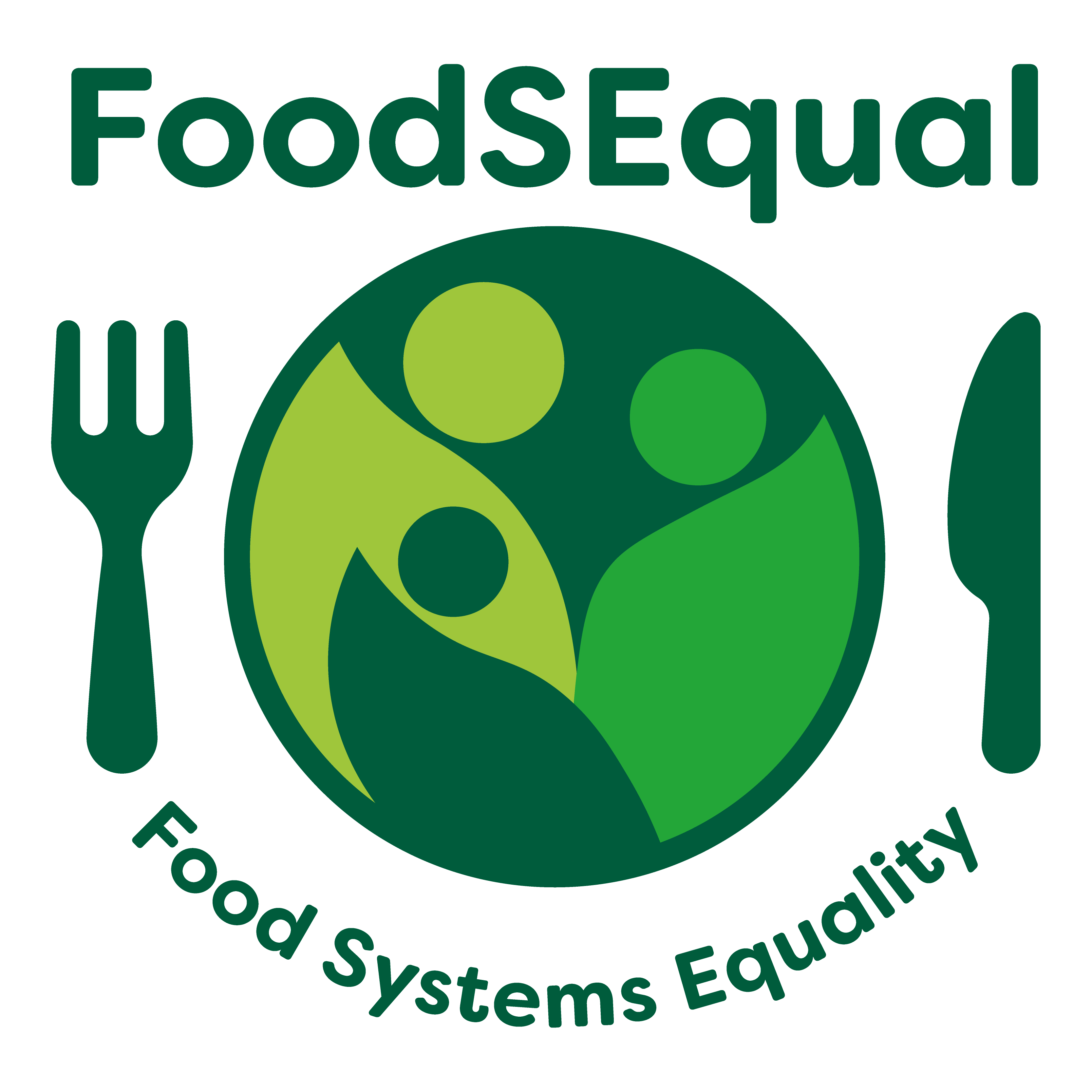
- This event has passed.
BSA Food Study Group Virtual Conference 2021: Food, Food Systems and Times of Insecurity
Event Navigation
Elaine Swan, Izabela Delabre, Katerina Psarikidou, Ruth Segal, Divya Sharma
Title The third shift: the racialised, gendered, and classed labours of community Covid foodwork.
In this article, we discuss how the racialised, gendered and class labours of ’community Covid-19 foodwork’ have been celebrated and invisibilised. Various commentators lauded the community groups which provided food emergency aid during and between the lockdowns in the UK. At the same time, they have marginalised the labours undertaken by minoritised and precaritised women who enable food mutual aid. ‘Foodwork’ builds on Marjorie Devault’s (1991) ground-breaking conceptualisation of feeding work, referring to the multifaceted, time-intensive, relentless nature of women’s domestic food labour and entailing embodied, emotional, cognitive and physical work. We examine Covid related food aid through the concept of community foodwork to highlight the labours involved in food provisioning. For instance, groups undertook soup runs, provided hot meal services, ran community kitchens, led online cooking classes and distributed meals and groceries. Labour included shopping, cooking, packing, delivering food and groceries, stock taking, fundraising, networking, knowledge sharing, driving, emotional labour and carework. Community foodwork builds solidarity and supports socially just responses to the pandemic, bringing positive and negative effects for women involved and representing for many, their ‘third shift’ of labour (Moser, 1993; Gerstel, 2000; Som Castellano, 2016, Springer, 2020). The feminist concept of ‘third shift’ refers to the extra physical and emotional labour that women do in unpaid social and volunteering roles, alongside their first shift in their paid employment and their second shift performing unpaid domestic labour. We explore how community Covid foodwork deepens gendered, racialised and classed inequalities through the uneven distribution and relations of depletion i.e. the exhaustion of material and somatic capacities and resources (Rai et al., 2013; Perrier and Swan, work in progress). Many volunteers were key workers on precarious contracts with health conditions, exposed to risks, and beneficiaries of food aid themselves. As Sara Ahmed writes, having the energy and relations which re-store relate to racial and classed privilege (Ahmed, 2013).

